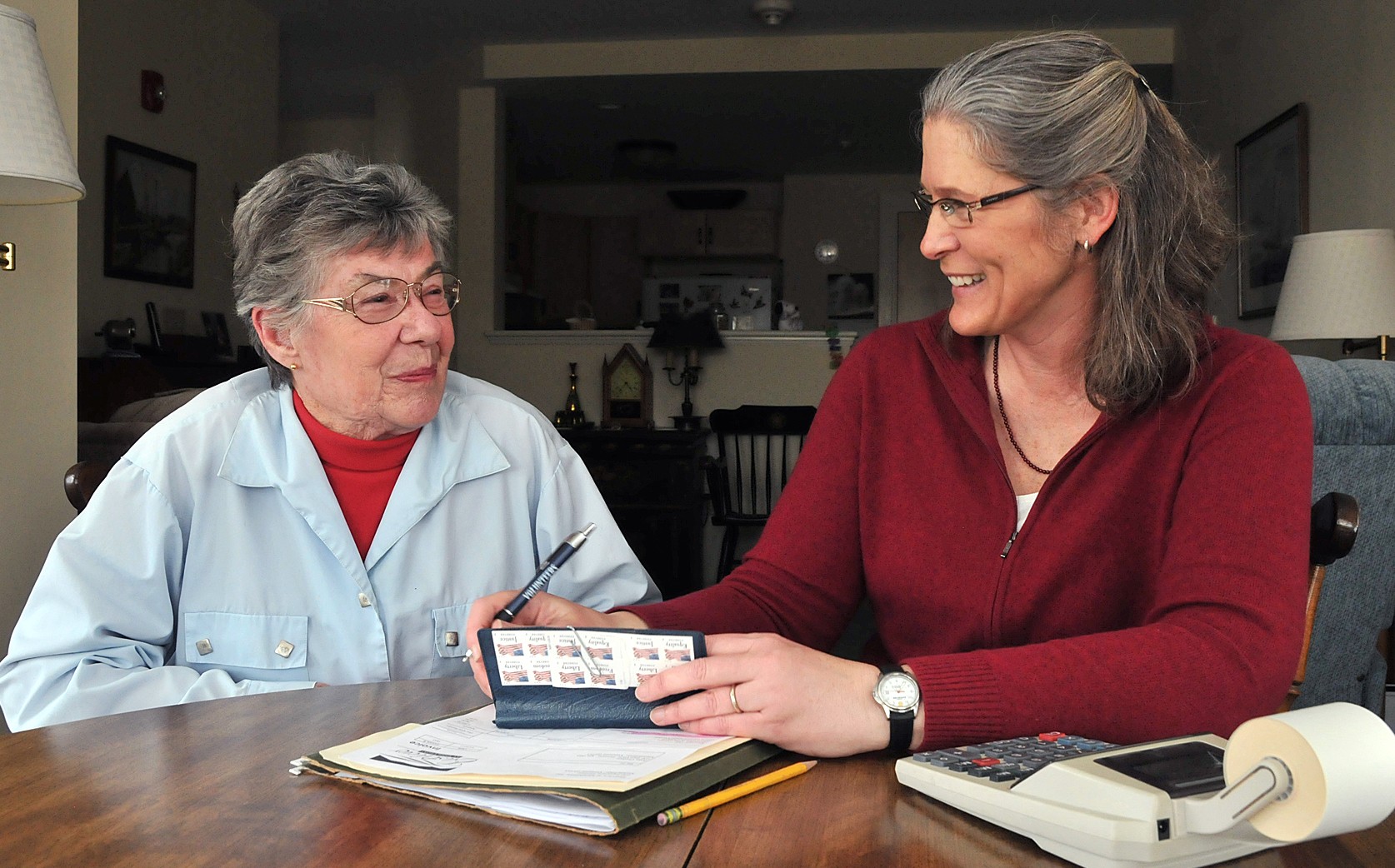Visits to the doctor, whether routine or for a problem, are stressful for any age person, but with age comes significantly more information, more instructions, and more room for error and omission.
Often a doctor – frequently hurried – launches into a rapid explanation of a medical issue, writes out a quick prescription, and vanishes before the information sinks in and the questions start forming. Or it doesn’t all sink in, and a patient is left asking: “Now what did the doctor say about this?”
I have found that an important role I can play is attending office visits, taking notes and getting clear instructions for next steps. My approach is not that I am taking control of the doctor-patient relationship, but rather I am acting as an assistant to both. I help make sure information is written down and that instructions are clear and understood.
If you have an aging relative or friend who needs someone involved in the medical process, begin by showing them that you are there to assist, not jump into the middle of the doctor-patient relationship. Until everyone becomes more comfortable with the arrangement, I follow the old adage of “being seen, but not heard.”
Here are some steps I follow:
1. Before a doctor’s visit, ask your senior what are the chief concerns they want addressed: Fatigue? Memory? Gastro-intestinal problems? etc. Perhaps come up with a list of questions specific to each issue. Write them down.
2. Have a complete and detailed list of current medications: names, dosages, when they are taken. This is a must-have for anyone with multiple medications to keep on hand. If an ambulance is ever needed, this information can be invaluable to emergency responders and ER doctors. You will also find that many doctors ask at every appointment what medications a patient is taking and often rely on that information to make decisions.
3. At the appointment, take careful notes, ask for clarification when needed, but let the interaction be between the doctor and patient. Sometimes the patient will need a reminder about the issues he or she wanted addressed.
4. Make sure the conversation with the doctor includes next steps. In fact I always write (in bold) a clear list of next steps at the bottom of my typed notes.. “Mary: Will pick up prescription, add to weekly pill box and create updated medication list. Doctor: Will set up stress test and call patient and Mary with time and location. Patient: Will alert Mary and doctor’s office for any noticeable reaction to new medication.”
A list of “next steps” reviewed in the appointment makes clear to everyone involved what their responsibilities are.
5. When you as the caregiver have completed your “next steps” or have new information, update your senior and keep them involved.
While I write about caring for aging parents and friends, these steps clearly make the medical process better and less stressful for anyone going through a serious illness. Let’s face it, a patient can be overwhelmed with the news of a health problem and all the details that accompany these stressful events can be hard for the patient to manage well.
I have found time and time again that it only takes one visit acting as an assistant to have a senior say, “Thank goodness you were with me. I never would have remembered all of that.”
